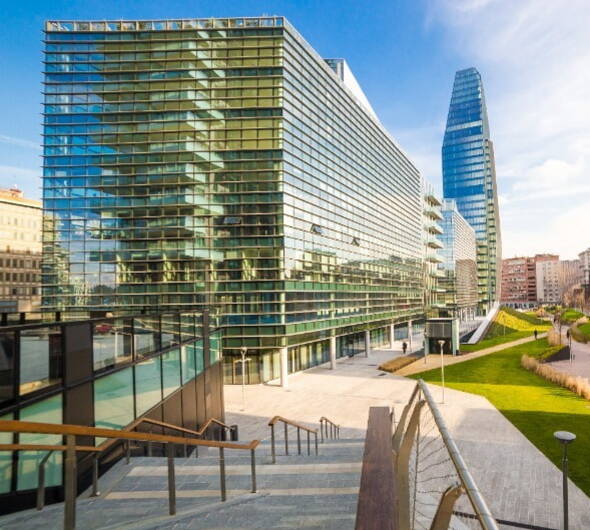Relocation & Recruitment Advice
Contact one of the experienced AP Executive consultants' to find out more about recruitment services in Italy. Please use our job search function to see our current wealth management jobs in Italy and worldwide.
Contact one of the experienced AP Executive consultants' to find out more about recruitment services in Italy. Please use our job search function to see our current wealth management jobs in Italy and worldwide.

Italy is a country situated in the centre of Europe and is often referred to as the "boot" of Europe. Italy is a unitary parliamentary republic that has both a president and a prime minister. The population is over 60,605,000 and has a GDP per capita of $29,417. Furthermore, Italy ranks high on the HDI (Human Development Index).
Apart from the Abundance of culture, great food and superb architecture, Italy has a diversified economy. Although Rome is Italy's actual capital, Milan is the country's financial capital for sure - with various different financial career opportunities to be had. With the Alps on one end and the Mediterranean on the other, the country has a lot to offer to tourists and residents alike. Italy is a part of the European Union, thus, EU-nationals will be able to live and work in Italy without having to obtain a permit beforehand. Italy also has bilateral agreements with other countries (i.e. Switzerland). If you are not an EU-national then there will be some bureaucratic issues to sort of prior to relocation. Income tax in Italy is progressive; 23% being the lowest (for 0 - $15,000 earned per annum) and 43% (for income 75,001+ earned per annum) the highest. Italian capital gains tax is generally added to both the individuals and company's regular income. The tax rate varies from 12.5% to 25% depending on whether the company is a listed establishment or not. For the purpose of calculating a capital gain, the gain is decreased in line with the rate of increase in inflation, from the date of purchase to the date of sale. In regard to capital gains in a corporation, identical relief is allowed at the rate of increase in the Index. Companies pay 27.5% tax on capital gains. In a sale of participation, 95% is tax exempt, subject to certain conditions. There is a fair amount of bureaucracy to be dealt with before setting up a company in Italy. For example, as stated by Italian law; ": When setting up an SRL in Italy, you need to deposit an Initial capital in a holding account with an Italian bank, prior to incorporation. This money is available for use once the company has been incorporated (and, depending on the notary can be used to offset their fees). For companies with more than 1 director this amount is equivalent to 25% of the declared capital (minimum requirement is 10,000, therefore minimum deposit is 2,500) but for companies with only 1 director/shareholder, the full amount must be deposited. Apart from this, it is advisable to budget about 7-10,000 euro when starting a company in Italy."
Want to set up a company in Italy? Click here for more details.
Italy is a part of the European Union, thus, EU-nationals will be able to live and work in Italy without having to obtain a permit beforehand. Italy also has bilateral agreements with other countries (i.e. Switzerland). If you are not an EU-national then there will be some bureaucratic issues to sort of prior to relocation. Non-EU nationals will have to apply for a "holiday working visa" or a work permit if they wish to relocate to Italy for work purposes. Work permits have to be applied for through the employer (in essence, the company or employer has to "sponsor" the employee in order to obtain credibility to be able to work legally). Italy is a member of the "Schengen agreement" this means that if you are a Schengen national then you can work and travel freely in Italy.

CEO, Global